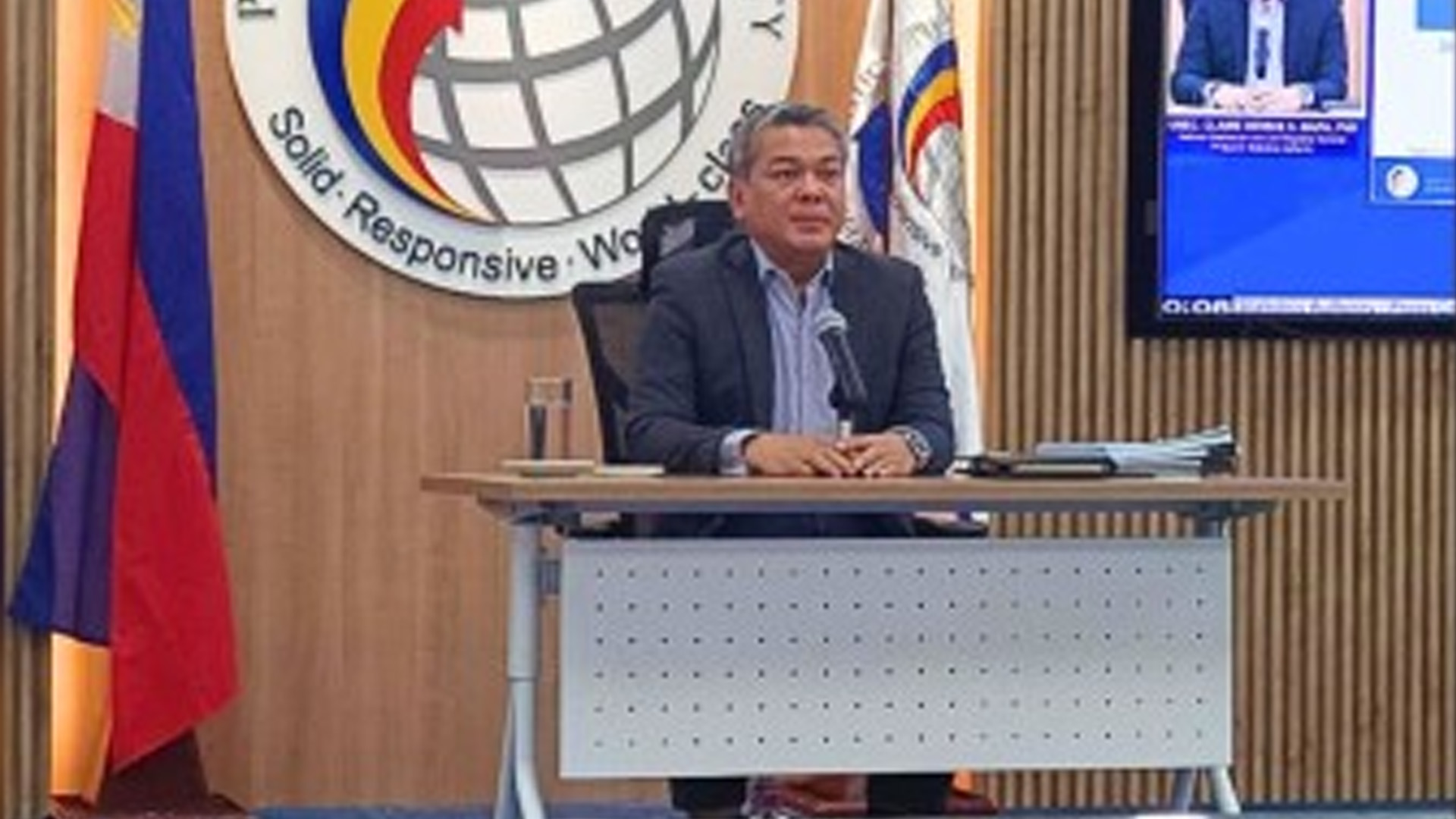The Philippine Statistics Authority (PSA) said 11 out of 18 regions in the country recorded a significant decrease in poverty incidence in 2023.
In a briefing on Thursday, National Statistician Dennis Mapa said the 2023 full year official poverty statistics based on the preliminary results of the Family Income and Expenditure Survey showed that a family with five members needed at least PHP13,873 per month to meet their minimum basic food and non-food needs last year.
This was up from the PHP11,998 poverty threshold in 2021.
Among the regions, Caraga showed the most notable improvement with a poverty incidence among families of 14.9 percent in 2023, a decrease of 11 percentage points from its poverty incidence of 25.9 percent in 2021.
Other regions include Region VII, Bangsamoro Autonomous Region in Muslim Mindanao (BARMM), Region II, Region XII, Region I, Region III, Cordillera Administrative Region, Region VI, Region VIII, and Region IV-A.
The National Capital Region, meanwhile, remained the least poor among the regions with a poverty incidence among families estimated at 1.1 percent in 2023.
In an earlier report, the PSA disclosed that the country’s poverty rate declined to 14.5 percent in 2023 from 18.1 percent in 2021.
This is equivalent to 17.54 million Filipinos whose income is not sufficient to meet their basic food and non-food needs, down from the 19.99 million poor Filipinos recorded in 2021.
At the national level, poverty incidence among families also fell to 10.9 percent or equivalent to 3 million poor families from 3.5 million families as of end of 2021.
Mapa said the decline in the number of poor families in 2023 could be attributed to the increase in wages during the period.
A separate report released by the PSA on Thursday showed that in 2023, the average annual income of Filipino families was at PHP353,230, up by 15 percent from the PHP307,190 average income in 2021.
“There was an increase in income [due] to more jobs,” he said.
Mapa, meanwhile, said the PSA also conducted a different simulation where the poverty threshold was adjusted by 10 percent.
He said that with the adjustment, the poverty incidence among families will be at 14.7 percent in 2023 from 17.2 percent in 2021.
Mapa also revealed that the government is planning to revisit the food menu in 2025.
“Our food menu is scheduled for revisiting. You know, the PSA is always updating its methodology, and this is already for revision in 2021, but due to the pandemic… in 2021 our consumption pattern is different from the other years. And we agreed, already at the PSA with the technical staff preparing that we will make adjustment in 2025,” Mapa said.
PSA data showed that the average food threshold for a family of five was at PHP9,581 in 2021.
“Una, ang process nito ay yung magkaroon muna tayo ng menu. Ano ba yung typical na pwedeng makapag produce ng energy, protein, calcium… there are others. Ang mga nagprepare nito mga nutritionist. So mayroon silang requirement on energy and nutrients. Pagkatapos, magcre create ng food bundle para sa breakfast, lunch, dinner, na makapag bigay ng ganitong requirement. So there’s science here (The process is we have a menu. The typical that will produce energy, protein, calcium… there are others. These are prepared by nutritionist. So they have requirement on energy and nutrients. And then we create food bundle for breakfast, lunch, dinner that will be able to give this requirement. So there’s science here),” he said.
In the current national food bundle, the sample breakfast consists of scrambled egg, boiled rice or rice-corn mix, and coffee with milk.
For lunch, the sample menu includes boiled monggo with malunggay and dried dilis, banana, and boiled rice or corn mix.
The sample menu for dinner consists of boiled rice or rice-corn mix, fried fish or boiled pork, and vegetable dish.
Snacks, meanwhile, include bread or boiled rootcrop.
Mapa said scientists and nutritionists from the Food and Nutrition Research Institute are currently preparing the proposed sample food bundle.
He said the PSA is also looking at the ratio of food expenditure and non-food expenditure.
“So we are revisiting because we know that the consumption pattern of families in the country, much more those bottom, changed also so we are capturing that. There’s adjustment even if the menu is the same because of prices,” Mapa said. (PNA)








